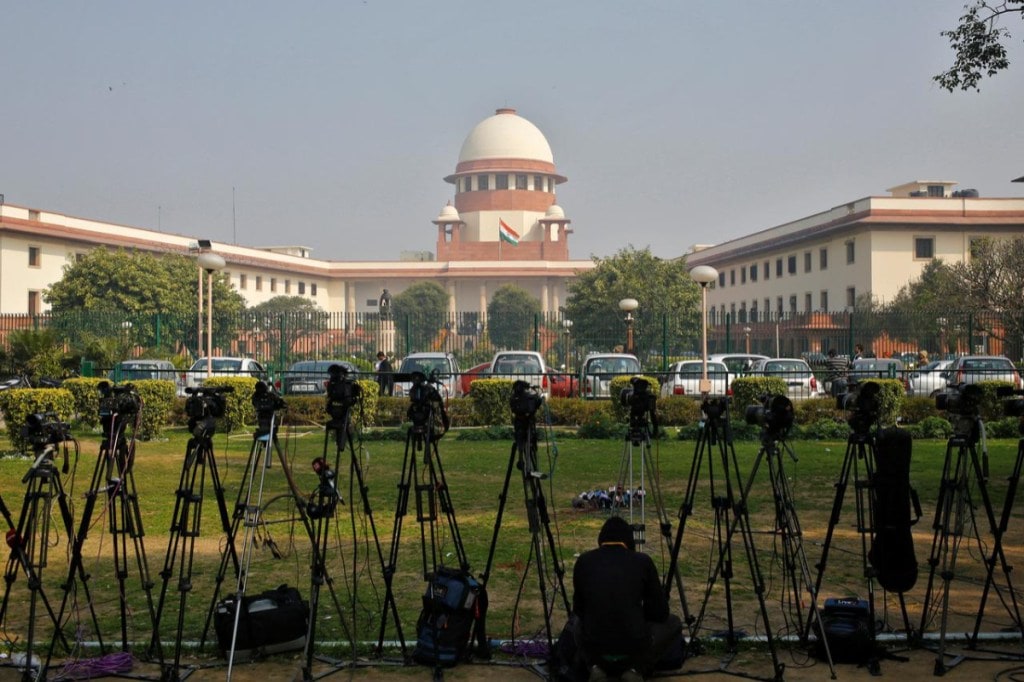A loan moratorium exceeding six months might result in ‘vitiating the overall credit discipline’, which will have a ‘debilitating impact’ on the process of credit creation in the economy, the Reserve Bank of India has told the Supreme Court. In an affidavit filed in the apex court in the loan moratorium case, the RBI has said that a long moratorium period could impact credit behaviour of borrowers and increase the risks of delinquencies post resumption of scheduled payments.
The banking regulator filed the affidavit in pursuance to the apex court’s October 5 order asking the Centre and the RBI to place on record the K V Kamath committee recommendations on debt restructuring because of COVID-19 related stress on various sectors as well as the notifications and circulars issued so far on loan moratorium.
The top court is hearing a batch of pleas, including the one which has sought a direction to declare the portion of an RBI notification, issued on March 27, “ultra vires to the extent it charges interest on the loan amount during the moratorium period…”. In its affidavit, the RBI has said that any waiver of interest on interest would entail ‘significant economic costs’, which cannot be absorbed by the banks without serious dent of their finances, and this, in turn, would have huge implications for the depositors and the broader financial stability.
The Union of India vide its affidavit dated October 2, 2020, has submitted before the court the decision of the government to bear the cost of the ‘interest on interest’ for MSME loans and personal loans up to Rs 2 crore. This decision by the government to provide additional relief to a large segment of borrowers has addressed the primary prayers of the petitioners,’ the affidavit said.


